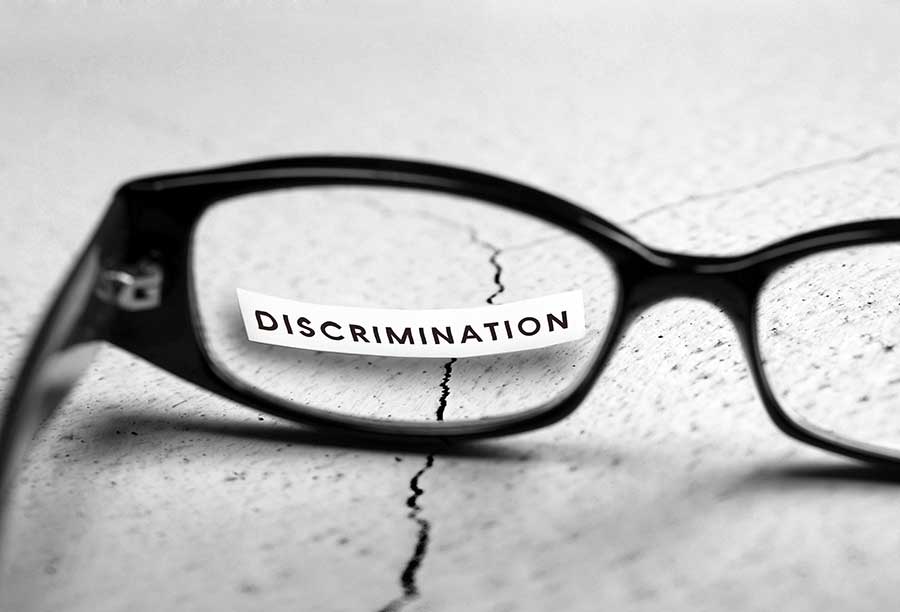
Patricia Taylor joins WM People as chair
Patricia Taylor has been appointed chair of the board of directors of workingwise.co.uk's...read more
A Women and Equalities Committee meeting yesterday tackled ageism across society, including in employment, and heard why England needs an Older People’s Commissioner.

Ageism is so deeply embedded in our society that we are often not aware of it. A new Centre for Ageing Better campaign launching next week will try to encourage people to be more aware of the everyday ageism that exists in our attitudes and in the words we use.
The campaign was mentioned in a session yesterday at the Women and Equalities Committee which is conducting an inquiry into the rights of older people. The main focus was on whether England needs an Older People’s Commissioner to challenge ageism and discrimination as Wales has.
Dr Carole Easton, Chief Executive of the Centre for Ageing Better, said ageism is the most widespread form of discrimination in the UK and exists both in our actions and in inaction or omission. It can have a hugely damaging impact on a person’s health, wealth and job prospects and on wider society, she added. Speakers, for instance, spoke about the impact on decisions taken during the pandemic relating to older people.
The meeting discussed older people’s representation in the media and advertising. Heléna Herklots CBE, Older People’s Commissioner for Wales, spoke of asking the press regulation body IPSO about why age discrimination was not included in their code of practice, unlike other forms of discrimination. That means they don’t monitor it and won’t receive complaints about it. Easton said IPSO had expressed concern, but appeared not to have taken any action to date. Age diversity also needs to be tackled by advertising agencies, she said. She hoped the campaign would at least begin a conversation about ageism, both in negative stereotypes and through omission.
The meeting also covered intergenerational approaches, which need to be about what older people bring to younger ones as well as vice versa, said Herklots. Asked if the Government could do more, Easton said only three government departments had signed the Centre for Ageing Better’s age friendly employer pledge. Anti-ageism awareness needs to be embedded from induction in the civil service, she stated, adding that the Government’s Equality Hub had published over 80 reports in the last three years and not one of them was on age.
She said this was why an Older People’s Commissioner was needed. Joanna Elson, Chief Executive of Independent Age, said a Commissioner could amplify the voice of older people. Herklots said her role had a clear remit, could spotlight the issues for older people and work with partners to maximise impact.
There was a discussion of whether a commissioner or minister for older people would be better. The speakers favoured a commissioner in the first instance to offer consistency and continuity. Another idea was to have older people champions in every government department.
Caroline Abrahams, Director of Age UK, said ageism led to bad decisions. She added: “I don’t see how we have got to 2024 and not had a white paper on our readiness for an ageing society. We are in the midst of a huge demographic shift and we have not taken a step back in government to look at what we need to do to make the most of it and manage the risks.”
The session heard how age discrimination manifests itself in the workplace, from older people facing greater difficulty finding jobs to not getting the training they need. It is harder, said Easton, for people to take age discrimination cases against their employer than cases under other protected characteristics, in part because ageism is less understood. Herklots said employers should be encouraged to report on age diversity in the same way they did on other forms of diversity.
The speakers also talked about the diversity of older people, which they say will increase as the population ages, reflecting how much more ethnically diverse the UK has become in recent decades. People from ethnic minorities suffer increased disadvantage due to other forms of discrimination which means they are more likely to suffer from poor health and economic disadvantage. Easton said work on race equality needs to include age and to take a life course approach. Abrahams added that LGBTQ+ older people might be less likely to have children who can advocate for them in health situations.
The session also discussed housing, health and digital exclusion, particularly around access to health, parking and banking as well as having a voice in, for instance, government consultations.
Comments [2]
TC says:
Puzzled why a Women and Equalities Committee tackled this important issue. It is an AGE issue, not a GENDER issue. I’m in the recruitment business and seems deflecting that gender had to be introduced, or to drive the (excellent initiative) campaign.
Mandy Garner says:
The Committee deals with all the protected characteristics under the Equality Act, which includes ageism, but they are also interested in intersectional issues ie where characteristics cross over.